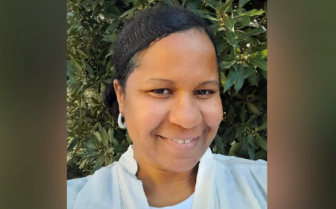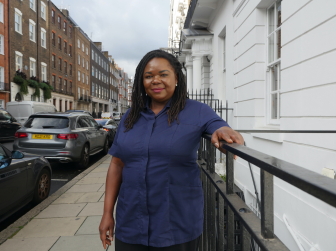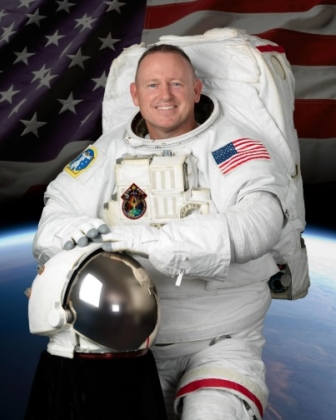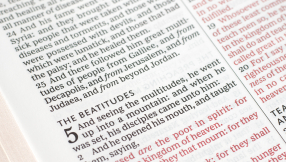
I was intrigued to read that a recent parliamentary report has suggested that religion should be part of the required training for journalists.
Indeed 'Learning to Listen', by the All-Party Parliamentary Group (APPG) on Religion in Media, says journalists would benefit from using the many resources offered by religious institutions to solve the "pervasive" and "well-founded" perception among faith groups of religious illiteracy in the media.
I say 'intrigued' because I have just completed writing my five hundredth consecutive weekly column for a local newspaper. I grasped the opportunity I was given to provide Christian copy with both hands some 10 years ago because I was acutely aware of the widespread assumption that faith, especially the Christian faith, has little or no relevance for people today.
I am convinced that this is a completely false assumption. Religion plays a vital role in many lives, even here in our increasingly secularised Western culture. Even more importantly the Christian faith offers a true and accurate lens (or should I say, 'worldview') through which men and women can rightly understand 'life, the universe and everything'.
I came to this conclusion when I gave up trying to disprove the claims of the resurrection. The harder I tried to do that, the more persuaded I became that the evidence was irrefutable, and as a result it made sense to listen to the 'Galilean Carpenter'.
That's when I came to see that faith is not a delusion or an escape from reality; it is a life-giving conviction that is based on solid evidence. I have covered all sorts of topics over the years. Donald Trump, miracles, shootings in the United States and debt to name but a few, and I have always sought to reflect from a Christian perspective. But in doing so I have constantly tried to tell stories as I have sought to show people the difference that faith can make to their lives.
I have chosen to talk about Alexis von Roenne this week. He was Hitler's 'favourite intelligence analyst' but unbeknown to the Fuehrer he was secretly working to undermine the Third Reich! Roenne was clearly a flawed man, as we all are, and his motives were undoubtedly mixed too. But his Christian faith was a key factor in determining his behaviour.
In his book Operation Mincemeat, distinguished journalist Ben Macintyre puts it like this: 'His Christian conscience had been outraged by the appalling SS terror unleashed in Poland. Quietly, but with absolute conviction, he had turned against the Nazi regime.'
Roenne's faith sustained him at the most critical moment of his life too. He was not directly involved in the July plot to assassinate Hitler but he was arrested and sentenced to death because of his friendship with some of those who were.
Writing to his wife on the eve of his brutal execution, Roenne said, 'In a moment now I shall be going home to our Lord in complete calm and in the certainty of salvation.'
The late great John Stott once said, 'Secular society may do its best to push us onto the circumference of its concerns.'
He was correct - and the pressures are increasing. But he was also right to say that the Church should refuse to be marginalised. As he says, every Christian is called to occupy 'a sphere of influence for Christ'. It's a challenge we must all embrace however and wherever we choose to do so; the world desperately needs what we have to share.
Rob James is a Baptist minister, writer and church and media consultant to the Evangelical Alliance Wales. He is the author of Little Thoughts About a Big God.









